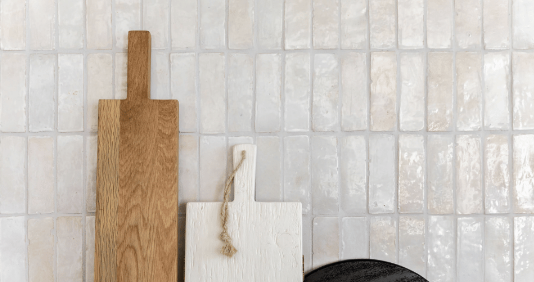Should You Repair or Replace a Roof?
/One of the most important elements of any home is the roof. The roof is the first line of defense in protecting the home from weather-related issues, such as wind, fire, and rain. Over time, the constant abuse can take its toll, and your roof will require some attention. But how do you know if you should replace it or just repair it? There are a few things to consider before making the decision.
The Age of the Roof – Most roofs come with a 10-year warranty and are expected to last for anywhere from 20-25 years. Some tile roofs should last even longer with some simple maintenance for the under sheathing
Extent of the Damage – Sometimes the extent of the damage is great, such as when there has been a large storm. Other times the original roof was not installed properly or has structural issues, causing widespread damage
Cost – You may find when comparing the cost of the repairs to the expense of a new root, that the new roof is simply a better value. Always get estimates for both.
Insurance - Insurance companies view an older or deteriorated roof as a liability. In their eyes, it's more likely to leak, collapse, or suffer other types of damage, which means they're more likely to have to pay out a claim. Because of this, some insurers require roofs to be under a certain age or in good condition as a condition for providing coverage.
Personal Considerations – Are you planning to stay in the home for a long time? In this case, replacement now will be more economical than replacing later when costs have increased.
Finally, consult a few professionals. Discuss the issues for both replacement and repair with a few trusted roofing specialists and your insurance agent before making the final decision.





















